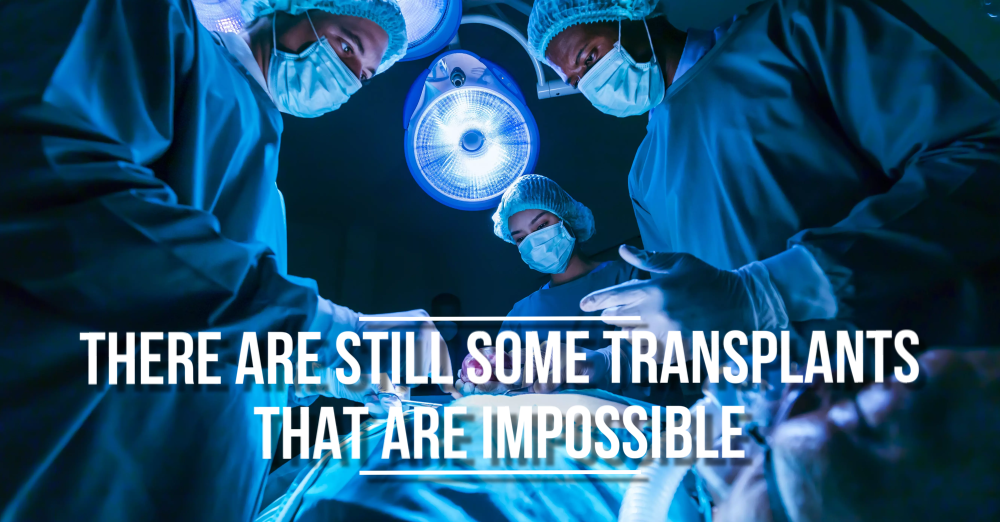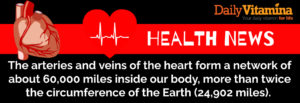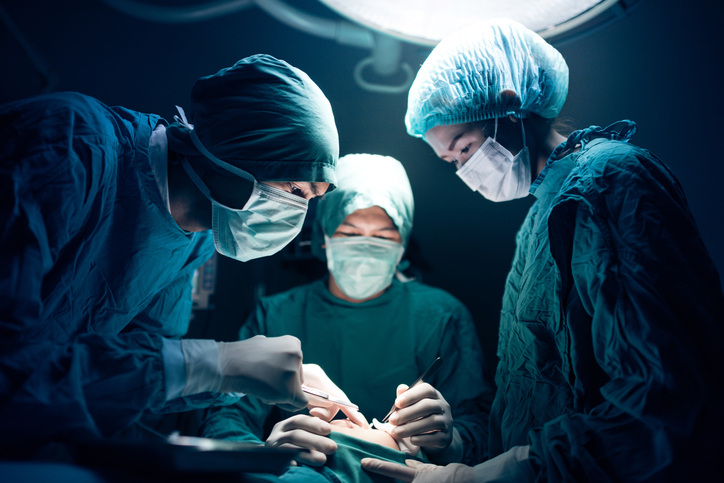
My cousin Kate was born with a severe lung disease that made it difficult for her to breathe. She was always in and out of the hospital for treatments, but unfortunately, her condition worsened. When she was 21, a lung transplant was her only chance of survival. After months of tests, his family was relieved to learn she was a perfect match for a donor. The transplant was long and grueling, and Kate was hospitalized for three weeks. Today she looks a little weak, but is happy—and alive!
Scientists have made incredible advances in transplantation. But there are still some impossible transplants, as technology and understanding of biology have yet to advance enough. One of these is brain transplantation. If some organs are essential to our functioning (impossible to survive without a heart or lungs), others are removed without severe consequences.
1— The spleen. On the left of the abdomen, the spleen purifies, stores, and recovers red and white blood cells. However, the liver can give this function and other tissues. People who live without a spleen are more susceptible to infections.
2— The colon. Also called the large intestine, it reabsorbs water during intestinal transit and compacts the stool. Without a colon, it is possible to live with a regular diet, but avoid foods that promote diarrhea, such as fried juices, sauces, or fried foods.
3— The gallbladder. Its function is to store and concentrate the bile secreted by the liver. It is attached to the visceral surface of the liver and is best known for potential problems, as it is the seat of bile salt stones (small stones) that obstruct the bile duct and cause cholecystitis. After removing the gallbladder, some symptoms, such as gas or flatulence, heartburn, and intolerance to fatty foods, tend to improve or disappear.
4— The appendix. It is a small organ located at the junction of the large and small intestines. Sometimes, foreign elements accumulate there, causing an inflammation called appendicitis. Removing the appendix is the most frequent surgical intervention.
5— The stomach. It has four main functions: mechanical digestion, chemical digestion, absorption, and secretion. However, it can be partially removed during bariatric surgery, fashionable to treat obesity, or entirely due to cancer—most of those operated on life normally.
6— The testicles and ovaries. This operation is performed in women in case of cancer (even as a preventive measure) or men after a violent trauma (traffic accident, sports). Removal results in infertility, but does not affect the lifestyle of patients.






